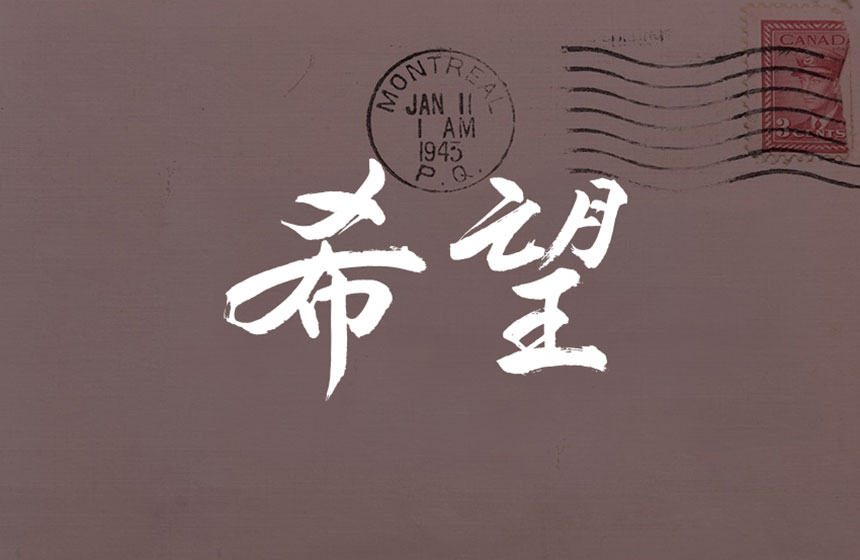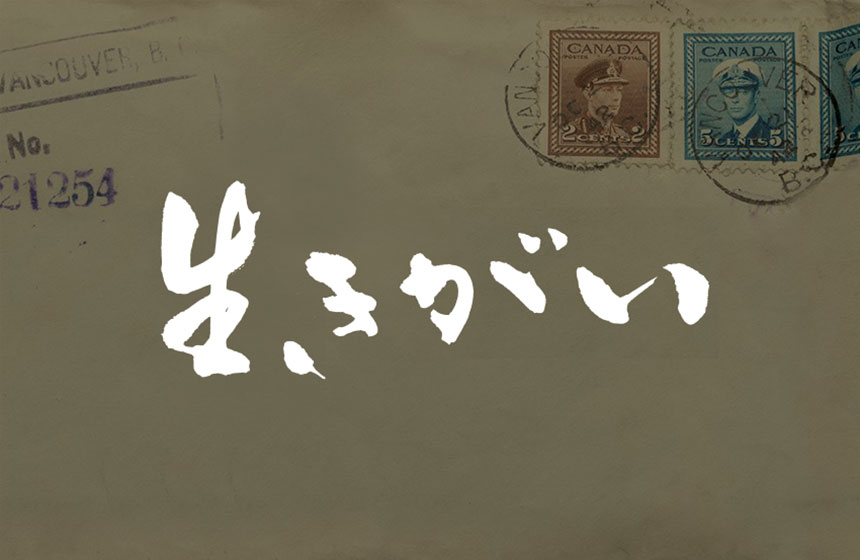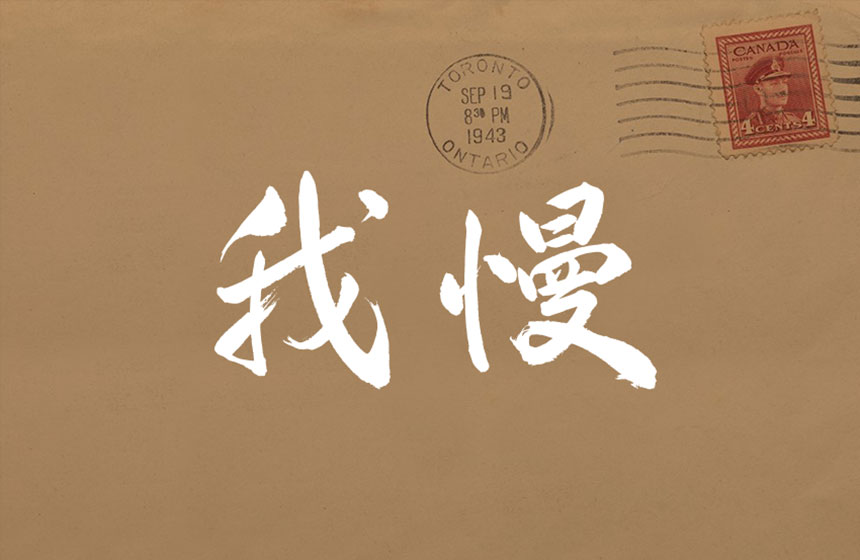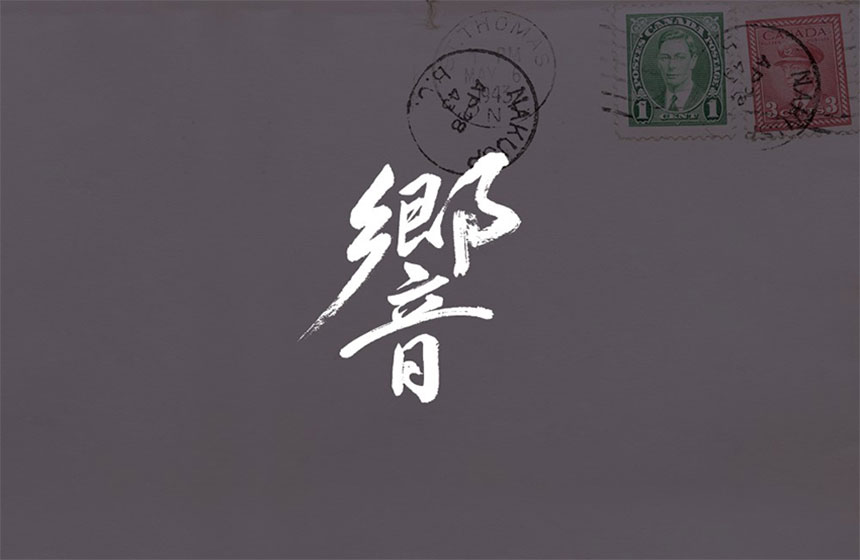What is home? Is it family? Place? Safety and rest? Danger and risk? Home means many things. It is shaped by our attitudes and circumstances, our past and present, and often, our aspirations for the future.
All immigrants are vulnerable to the insecurities of migration. They face the challenges of building community in a new place. But for those of us with Japanese ancestry, the very idea of home has been altered forever by systemic and profound injustice.
During and after the Second World War, we were treated as “enemy aliens” and forced into internment camps. Our community was imprisoned without trial or even charges of a crime. Our homes, property, and personal possessions were confiscated and sold by the government at a fraction of their worth. We had struggled for years to build a home in Canada and contribute to our country, but were betrayed by the government that was meant to protect us.
This is the story of how we built home in the face of injustice. Writing Wrongs is inspired by a file of approximately three hundred letters of protest stored at Library and Archives Canada. These letters were written to the Canadian government by dispossessed citizens of Japanese heritage. They speak to us from the past about the human impact of historic injustice in Canada.
Though our journey is a unique one, you might recognize its echoes in today’s headlines. It resonates with continuing stories of dislocation, migration, and struggles to build from fragments an idea of home.




